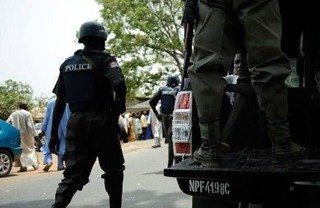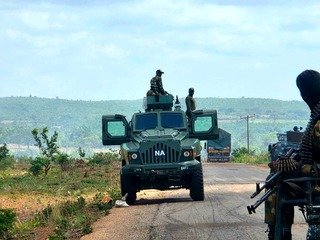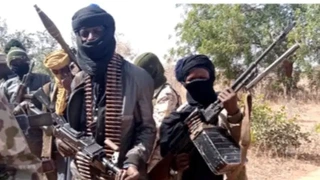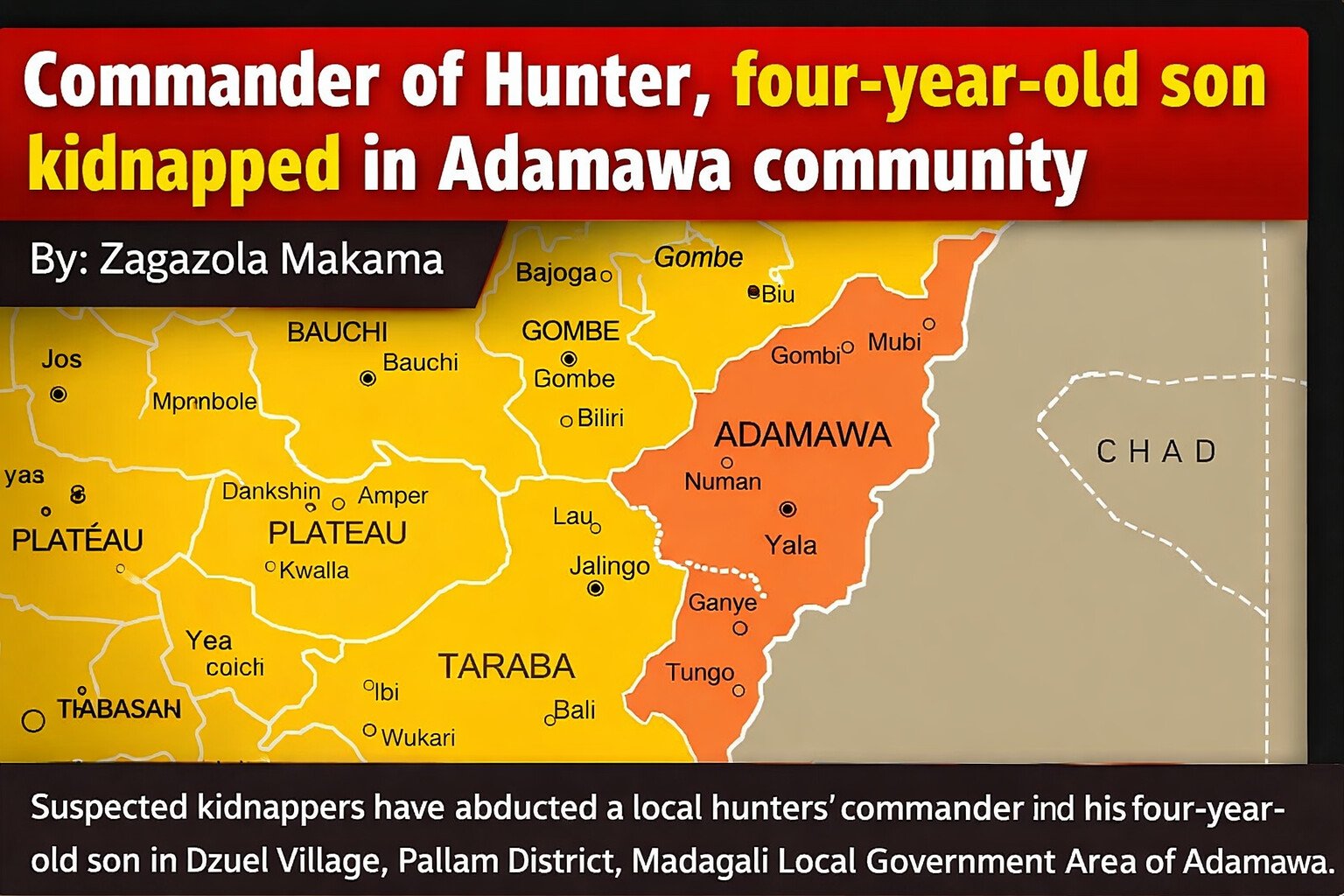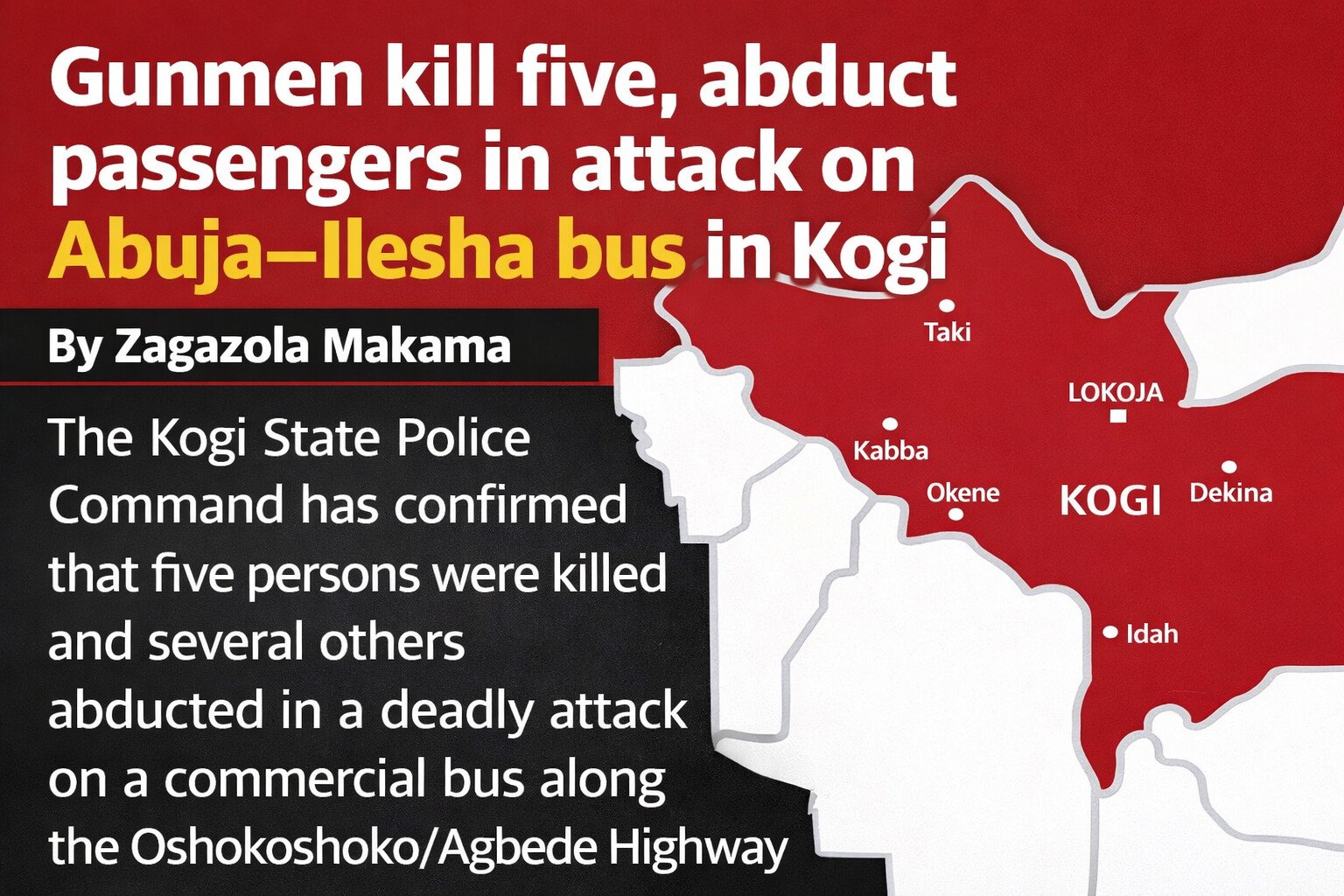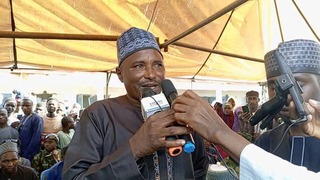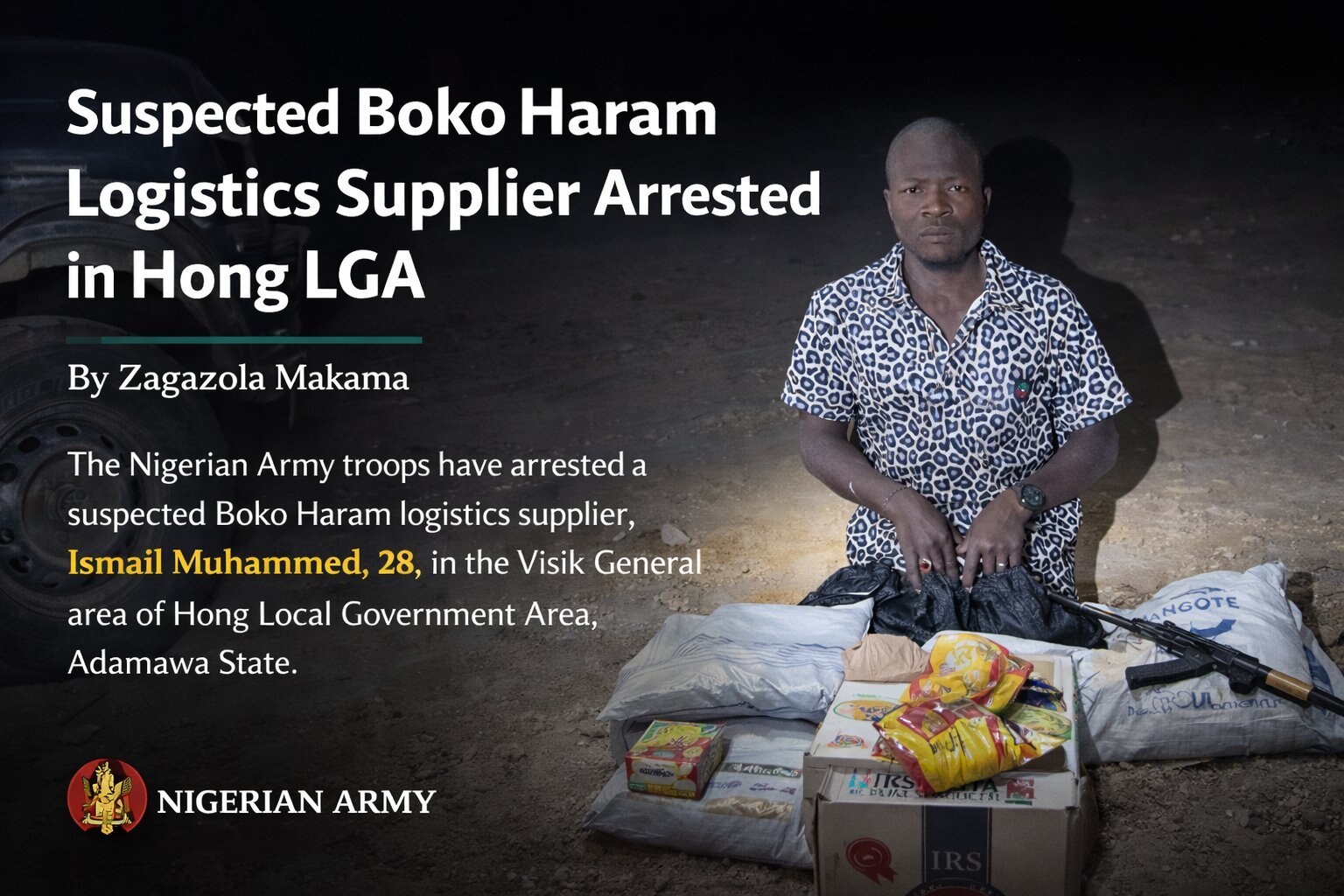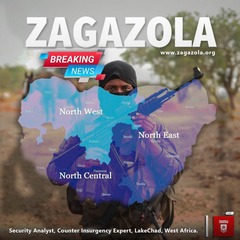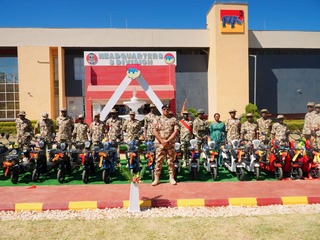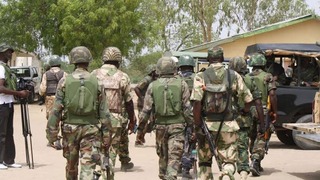Grave concerns as Borno IDPs/ Refugees From NIger resettled in Malam Fatori amid security warnings
By Zagazola Makama
Fresh concerns have emerged over the ongoing resettlement of Internally Displaced Persons (IDPs) and refugees to Malam Fatori town in Abadam Local Government Area of Borno State, amid mounting intelligence reports warning of imminent attacks by insurgents.
Zagazola Makama report that as of April 24, more than 920 households displaced from Bosso, Toumour, and Kinchandi communities in the Diffa Region of Niger Republic had been resettled in Malam Fatori, Abadam LGA, under a government-supported scheme. Items including cash assistance, rice, and tarpaulins were distributed to the returnees in the first batch, with arrangements underway for the resettlement of an additional 700 households.
The resettlement exercise follows years of humanitarian displacement caused by terrorist campaigns that devastated large swathes of the Lake Chad Basin region. During the major uprisings between 2014 and 2018, local populations fled en masse to safer zones such as Monguno, Maiduguri, and Diffa in Niger Republic, leading to the establishment of sprawling IDP and refugee camps.
The initiative, though well-intentioned by the Borno Government, has ignited serious security concerns. Credible intelligence reports have indicated plans by terrorist factions to target the resettled communities. Already, movements of armed fighters were sighted along evacuation routes, reinforcing fears of coordinated assaults.
Security analysts say the rivalry between JAS and the Islamic State West Africa Province (ISWAP) has intensified around the general area. JAS had recently seized control of the former ISWAP stronghold at Toumbun Gini and could seek to assert dominance through high-profile attacks targeting civilian returnees and security formations around Malam Fatori.
Equally alarming is the strategic value of the humanitarian assistance given to the returnees. Analysts fear the palliatives could become a magnet for terrorist exploitation, with the risk of food and cash aid being siphoned off under duress to insurgent groups. It also threatens the military unit there as Boko Haram would use the resettlement as a shield to launch attacks against NA troops as well as other means to recruit and place levies to the returnees.
While the Borno State Government has embarked on a policy of decongesting these camps by facilitating the return of IDPs to their ancestral homes, repeated failures to stabilize resettled areas due to terrorist resurgence raise deep apprehension.
Malam Fatori itself presents a case of particular concern. Attempts to resettle the town in the past have repeatedly failed due to persistent terrorist attacks, remnants of IEDs abandoned by the insurgents and the devastating seasonal floods. In the latest effort on April 22, about 250 households were relocated to living spaces allocated by government officials under the supervision of Professor Usman Tar. The relocation was said to have been hitch-free, but underlying risks remain high.
Security forces under Operation SAND FURY, particularly 68 Battalion, continue aggressive patrols to clear the area. Nevertheless, intelligence indicates ISWAP has established large training grounds at Dogon Chikun, within proximity to the resettlement zone. The ongoing training of ISWAP fighters in the area heightens fears of renewed assaults.
A broader assessment of the situation points to a troubling pattern: previously resettled grounds have turned into hubs for terrorist activities, including recruitment, intelligence gathering, and logistical support. The local populations, often left with minimal security protection, have been subjected to terrorist-imposed levies and coercion. Consequently, many IDPs have been exploited, and humanitarian stipends meant for their survival have ended up financing terrorist groups.
Security sources point out that between 2022 and 2025, several terrorist recruitment drives successfully replaced depleted insurgent ranks with vulnerable individuals from resettled communities. Military positions, such as the Forward Operating Base (FOB) in Malam Fatori, have also been severely tested, particularly during flood seasons when troops are forced to defend both the IDPs and themselves with stretched resources.
Moreover, the slow progress in the Disarmament, Demobilization, and Reintegration (DDR) program has complicated the security landscape. Many former insurgents who surrendered to authorities remain confined to temporary holding areas around Maiduguri, with delays in relocating them to permanent farming and trading communities. Intelligence reports suggest some of these disgruntled surrenders have returned to insurgency activities, undermining ongoing stabilization efforts.
Against this backdrop, security experts and stakeholders are calling for extreme caution. There is an urgent need to strengthen physical security measures around resettled areas, deepen community based intelligence networks, and ensure full restoration of civil authority including police, NSCDC, DSS, and other security agencies before relocating vulnerable populations.
Experts advised that political leaders should listen to technical security advice. Without proper security frameworks, the risk of another humanitarian catastrophe looms large.
Protecting the lives and livelihoods of returnees must remain paramount. Resettlement without robust and sustainable security arrangements can have devastating consequences.
In the case of Malam Fatori, the warning signs are already present. Ignoring them would not only jeopardize the lives of thousands of returnees but also threaten the fragile gains made in the Lake Chad region’s long fight against insurgency.
Zagazola Makama is a Counter Insurgency Expert and Security Analyst in the Lake Chad region.



